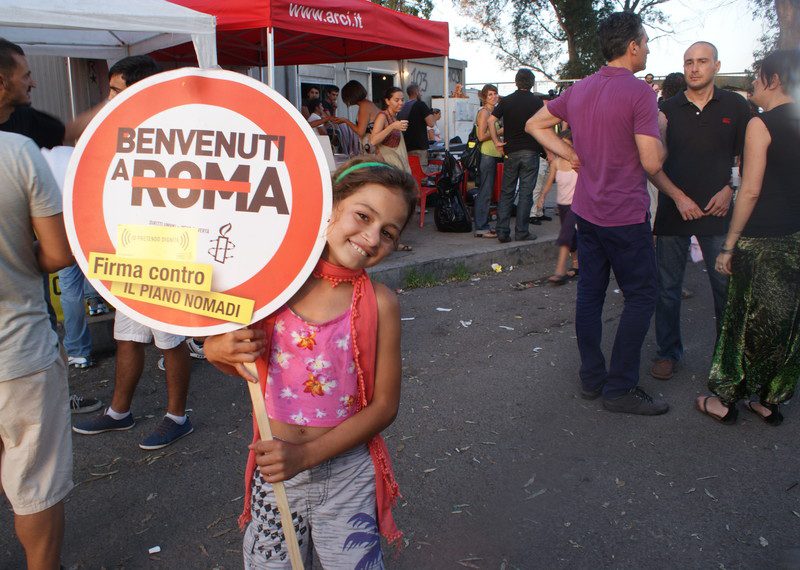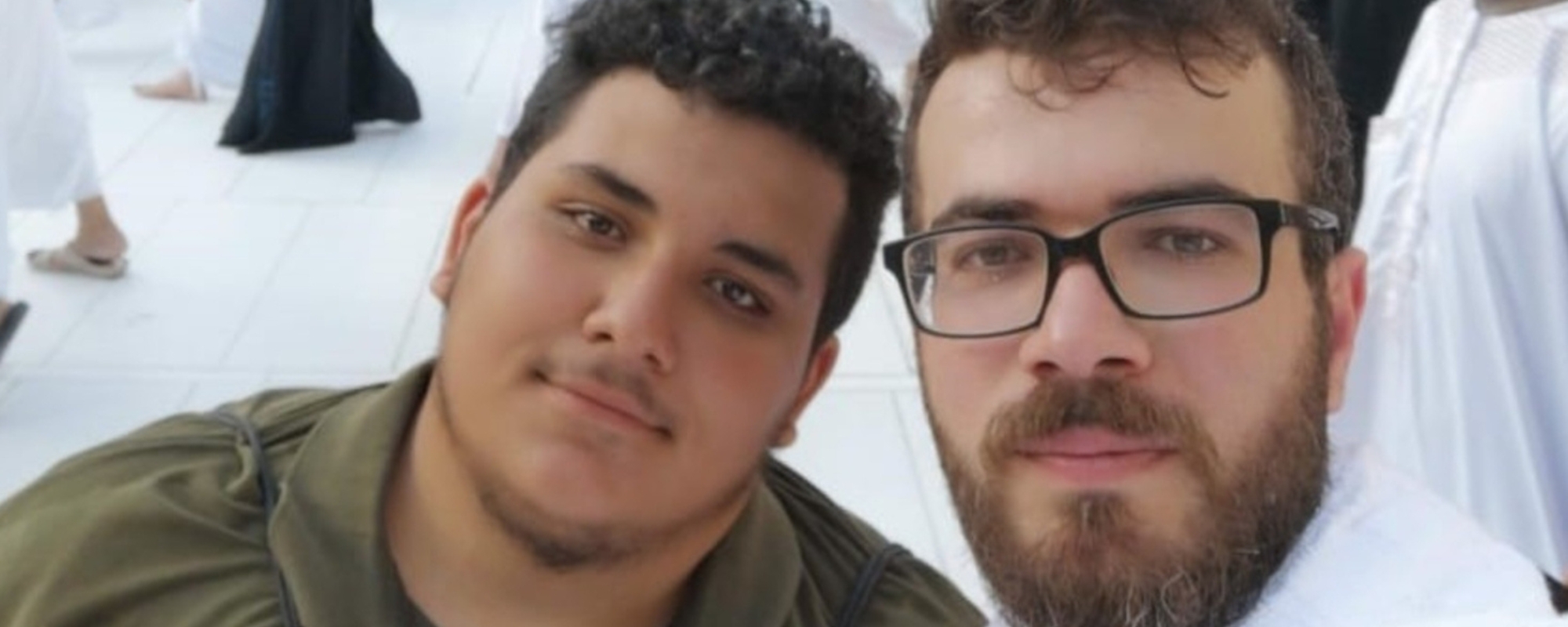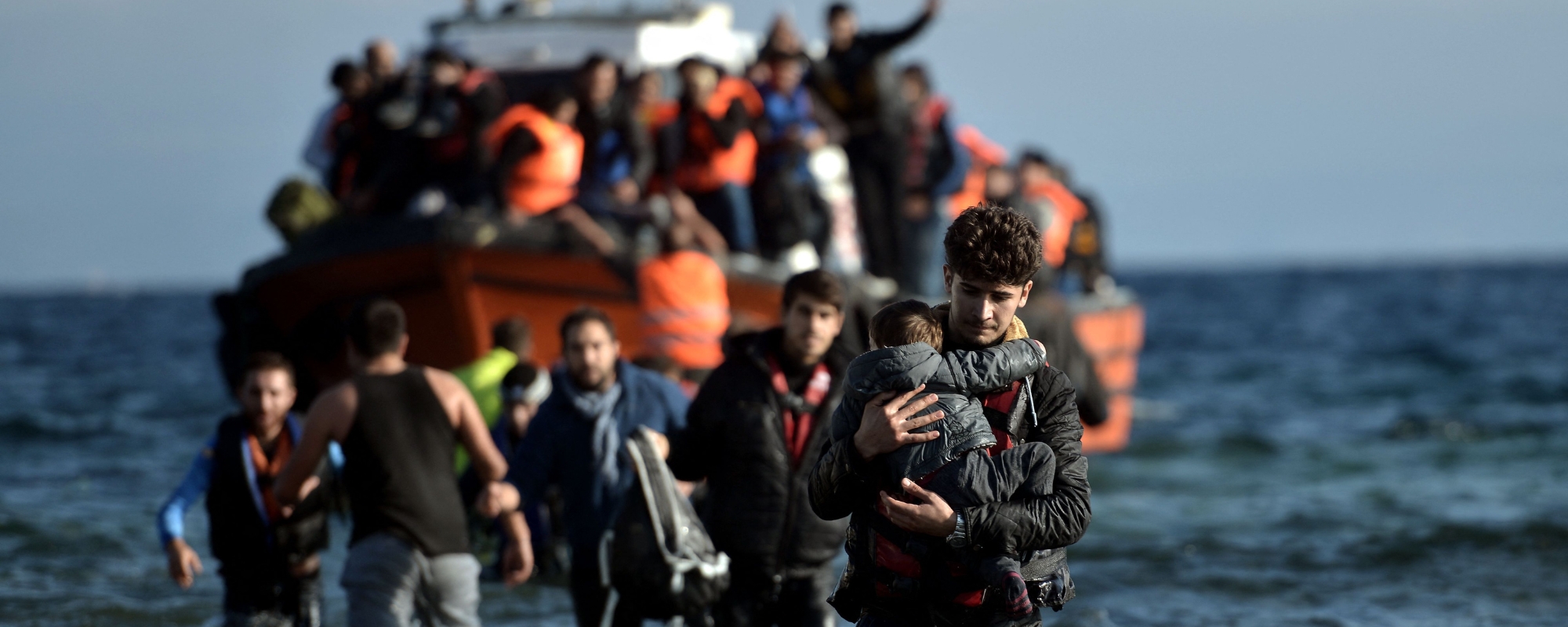
Every single minute of every day, 20 people around the world make one of the most difficult decisions of their lives. They leave their homes to escape war, persecution or fear in search of a safer, better life. World Refugee Day 2025 on June 20 is a day to honour the people who make that difficult choice.
At the end of 2024, 123.2 million people worldwide were forcibly displaced from their homes or were stateless. They fled because of persecution, war, violence, and human rights violations. This is an increase of 7 million people or 6 per cent compared to the previous year, propelled by war in Ukraine, Gaza, the Democratic Republic of the Congo, Sudan and other deadly conflicts.
Each year, one in every 67 people is forced to flee their home. World Refugee Day 2025 honours those who make this perilous journey.
There are also millions of stateless people in the world who are denied nationality and access to basic rights such as education, healthcare, employment, and freedom of movement each year. In the 2021 census, 3,560 persons in Canada reported being stateless or lacking any citizenship.
Regardless of their status in a country, both regular and irregular migrants have human rights, including the right to freedom from slavery and servitude, freedom from arbitrary detention, freedom from exploitation and forced labour, the right to freedom of assembly, the right to education for their children, equal access to courts and rights at work.
There are many reasons why people around the globe seek to rebuild their lives in a different country. Some people leave home to get a job or an education. Others are forced to flee persecution or human rights violations, such as torture. Millions flee from armed conflicts or other crises or violence. Some no longer feel safe and might have been targeted just because of who they are or what they do or believe – for example, for their ethnicity, religion, sexuality or political opinions.
Hope for a better future
These journeys, which all start with the hope for a better future, can also be full of danger and fear. Some people risk falling prey to human trafficking and other forms of exploitation. Once they’re settling in and start building a new life, many face daily racism, xenophobia and discrimination.
Some people end up feeling alone and isolated because they have lost the support networks that most of us take for granted – our communities, colleagues, relatives and friends.
Others are detained by the authorities as soon as they arrive in a new country or are imprisoned later on administrative immigration-related grounds. Canada is no exception.
World Refugee Day 2025
2x YOUR impact for refugees
On World Refugee Day 2025, help Amnesty respond to the worsening global refugee crisis. This is your chance to have 2X the impact in the fight to protect refugees’ rights. Hurrry! This match opportunity is only available until midnight on June 20, 2025.
Jailed for seeking safety and a better life in Canada
Once people arrive in Canada, they can face additional human rights violations. Every year, Canada incarcerates thousands of people on administrative immigration-related grounds, including people who are fleeing persecution, those seeking employment and a better life, and people who have lived in Canada since childhood.
People in immigration detention are subjected to solitary confinement, indefinite detention, maximum security jails, handcuffs and shackles.
Immigration detention has devastating and long-term impacts on people who are detained, as well as on their families and loved ones. People can be detained indefinitely, and many develop suicidal ideation as they lose hope, particularly those who fled persecution in search of safety and protection in Canada. When parents are incarcerated in immigration detention, they may be separated from their children, causing further trauma and harm.
Did you know that under Canadian law, a non-citizen can be incarcerated indefinitely in immigration detention, based solely on administrative grounds?
Amnesty International and Human Rights Watch’s #WelcomeToCanada campaign went coast to coast, calling for an immediate end to the use of jails.
The provinces listened. All 10 provinces have committed to ending their immigration detention agreements or arrangements with the federal government. This was an incredible human rights victory. However, the fight is not over yet.
Instead of following the provinces’ lead and working to end immigration detention, the federal government plans to use federal prisons for immigration detention, and wants to codify this rights-violating practice into legislation.
We are urging the government to cancel these plans. Please join us in calling on the government to permanently end the use of jails and prisons for immigration detention by passing a policy directive or legislative amendment, and ultimately end immigration detention in Canada.
To learn more, you can read the full Amnesty International and Human Rights Watch’s report: “I Didn’t Feel Like a Human in There”: Immigration Detention in Canada and its Impact on Mental Health.
Immigration Detention
STOP JAILING PEOPLE FOR SEEKING SAFETY OR A BETTER LIFE IN CANADA
Every year, Canada incarcerates thousands of people on administrative immigration-related grounds, where they face solitary confinement, indefinite detention, maximum security jails, and handcuffs and shackles. Please join us in calling for an end to the use of jails and prisons for immigration detention.
WHY DO PEOPLE LEAVE THEIR COUNTRIES?
There are many reasons why it might be too difficult or dangerous for people to stay in their own countries. For example, children, women and men flee from violence, war, hunger, extreme poverty, because of their sexual or gender orientation, or from the consequences of climate change or other natural disasters. Often, people will face a combination of these difficult circumstances.
People who leave their countries are not always fleeing danger. They might believe they have a better chance of finding work in another country because they have the education or capital to seek opportunities elsewhere. Others might want to join relatives or friends who are already living abroad. Or they might seek to start or finish their education in another country. There are lots of different reasons for people to start a journey to build a life in a new country.
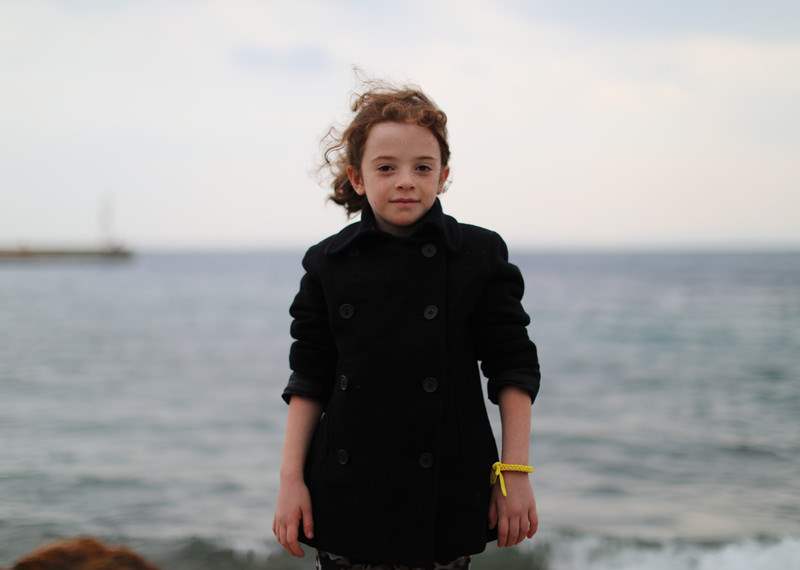
DEFINITIONS: WHAT EXACTLY IS A REFUGEE, AN ASYLUM SEEKER AND A MIGRANT?
The terms “refugee”, “asylum seeker” and “migrant” are used to describe people who are on the move, who have left their countries and have crossed borders.
The terms “migrant” and “refugee” are often used interchangeably but it is important to distinguish between them as there is a legal difference.
WHO IS A REFUGEE?
A refugee is a person who has fled their own country because they are at risk of serious human rights violations and persecution there. The risks to their safety and life were so great that they felt they had no choice but to leave and seek safety outside their country because their own government cannot or will not protect them from those dangers. Refugees have a right to international protection.
WHO IS AN ASSYLUM SEEKER?
An asylum seeker is a person who has left their country and is seeking protection from persecution and serious human rights violations in another country, but who hasn’t yet been legally recognized as a refugee and is waiting to receive a decision on their asylum claim. Seeking asylum is a human right. This means everyone should be allowed to enter another country to seek asylum.
WHO IS A MIGRANT?
There is no internationally accepted legal definition of a migrant. Like most agencies and organizations, Amnesty International understands migrants to be people staying outside their country of origin who are not asylum seekers or refugees.
Some migrants leave their country because they want to work, study or join family, for example. Others feel they must leave because of poverty, political unrest, gang violence, natural disasters or other serious circumstances that exist there.
Lots of people don’t fit the legal definition of a refugee, but could nevertheless be in danger if they went home.
It is important to understand that, just because migrants do not flee persecution, they are still entitled to have all their human rights protected and respected, regardless of the status they have in the country they moved to. Governments must protect all migrants from racist and xenophobic violence, exploitation and forced labour. Migrants should never be detained or forced to return to their countries without a legitimate reason.
KEY FACTS
- At the end of 2024, 123.2 million people were forcibly displaced due to conflict, persecution or natural disasters.
- There are 35.3 million refugees globally.
- 56,771 people have died while migrating between countries since 2014.
- Only 24% of refugees are hosted by high-income countries.
(Sources: IOM, UNHCR, Human Rights Watch and Statistics Canada)
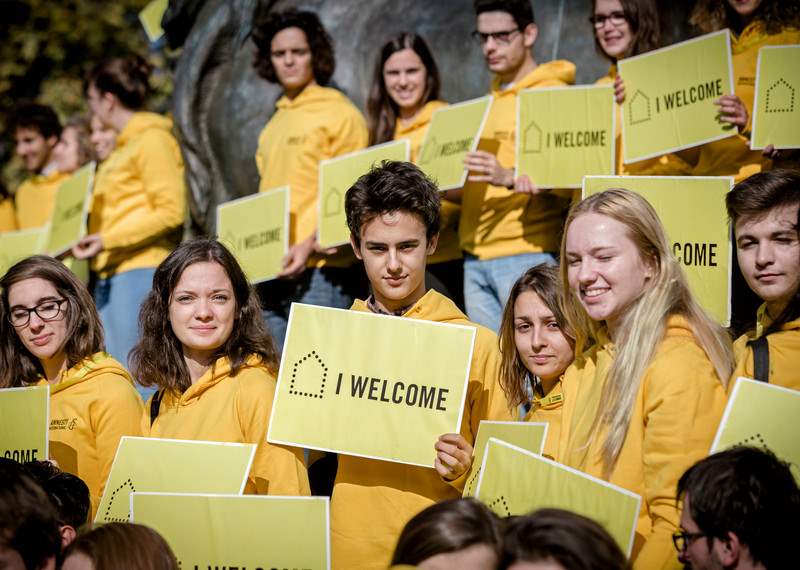
WHAT IS AMNESTY’S POSITION ON MIGRANTS, REFUGEES AND ASYLUM SEEKERS?
We campaign for a world where human rights can be enjoyed by everyone, no matter what situation they are in. Amnesty has championed the human rights of refugees, asylum seekers and migrants for decades.
We campaign to make sure governments honour their shared responsibility to protect the rights of refugees, asylum seekers and migrants. We condemn any policies and practices that undermine the rights of people on the move.
The people are not the problem
There are about 35 million refugees globally. Many people feel overwhelmed by the numbers and see people moving across borders as a global crisis. We at Amnesty International disagree that it is a crisis of numbers. The people are not the problem. Rather, the causes that drive families and individuals to cross borders and the short-sighted and unrealistic ways that politicians respond to them are the problem.
Campaigning for people on the move
With our campaigns, we put pressure on governments to honour their responsibility to protect every single person’s rights. They must make sure that refugees, asylum seekers and migrants are safe, and are not tortured, discriminated against or left living in poverty.
Amnesty campaigns for governments to properly process the asylum claims of asylum seekers so that they don’t leave them in limbo – sometimes even locked away in detention centres – for years. We also want to see migrants being protected from exploitation and abuse by their employers or by traffickers.
The individual beyond the label
Each human being has more than one identity. “Refugee”, “migrant” and “asylum seeker” are only temporary terms; they do not reflect the whole identity of women, children and men who have left their homes behind to start a new life in a new country.
When we use these labels, we need to remember that out of the many ways in which people describe themselves, these terms only refer to one experience: that of leaving their countries. But the identities of these people are made up of so many more things.
Most people seeking to live elsewhere will feel that the experience of leaving their countries doesn’t fully capture who they are. Like all of us, they are complex and unique human beings and might choose to identify themselves as being from a certain country or region, belonging to a group that speaks a certain language or shares a culture. Or they might say about themselves that they are a teacher, doctor, artist, passionate football fan, father, sister, son or mother.
A person’s legal status cannot express the full identity and personality of a refugee, asylum seeker or migrant. No one can be known solely through their legal status.
WHY SHOULD GOVERNMENTS WELCOME REFUGEES, ASYLUM SEEKERS AND MIGRANTS?
- We want to live in a world where people who are in grave danger have the opportunity to rebuild their lives in safety.
- In a globalized world, sharing global responsibility for global issues is the fair thing to do.
- Host communities benefit from the tremendous energy and drive to start new lives, which these people bring.
- Welcoming people from other countries strengthens host communities by making them more diverse and flexible in our fast-changing world.
- Some of the most inspiring and influential people in the arts, science, politics and technology have been refugees, asylum seekers and migrants. They were allowed to rebuild their lives in a new country and they thrived as members of a new community.
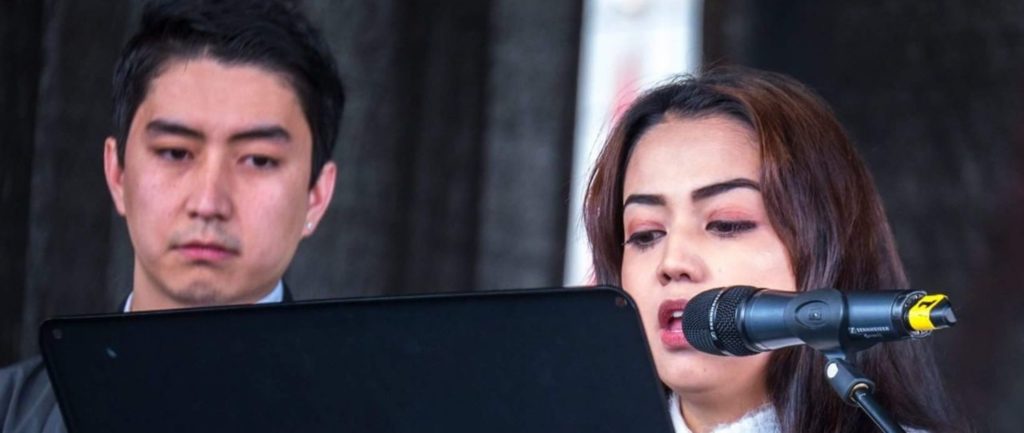
WHAT CAN YOU DO?
Support our campaigns to help refugees
You can join our movement of people who welcome refugees. Amnesty’s I Welcome campaign calls on governments worldwide to welcome their fair share of the world’s people who are seeking safety. With enough political will, our leaders can protect people fleeing conflict and persecution, including through a solution called resettlement.
We are also pushing for other safe ways for refugees to start new lives, such as by reuniting families who have been separated, through community groups sponsoring refugee families to move to their country, and through universities and businesses offering people study or work visas to start a new life.
Governments should never force anyone to go back to a country where they are at risk of human rights violations. Instead, refugees should be offered a safe place to live and opportunities to access work, education and health care.
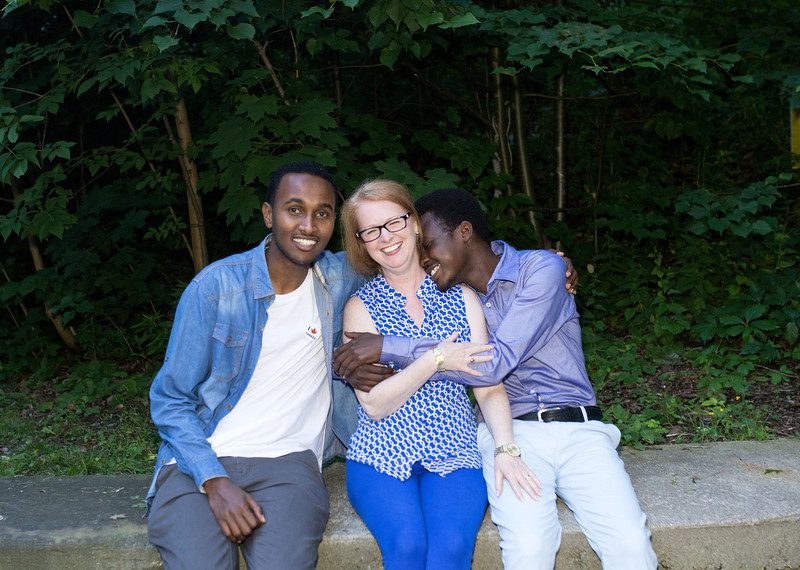
FIND OUT MORE
Laws for migrants, refugees and asylum seekers
The rights of migrants, refugees and asylum seekers are protected by international law, regardless of how and why they arrive in a country. They have the same rights as everyone else, plus special or specific protections including:
- The Universal Declaration of Human Rights (Article 14), which states that everyone has the right to seek and enjoy asylum from persecution in other countries
- The 1951 UN Refugee Convention (and its 1967 Protocol), which protects refugees from being returned to countries where they risk being persecuted
- The 1990 Migrant Workers Convention, which protects migrants and their families
- Regional Refugee law instruments (including 1969 OAU Convention, 1984 Cartagena Declaration, Common European Asylum System and Dublin Regulation)
-
Amnesty’s human rights wins of 2024

This year people around the world continued to prove that change is possible. From changing laws to ensuring justice prevails, here are Amnesty’s human rights successes of 2024.
-
Greece: Pylos shipwreck anniversary

“Over 600 people drowned in the Pylos shipwreck, including my brother. They are not numbers. They are people,” writes Oday Al Talab on the anniversary of the deadly disaster. Oday […]












